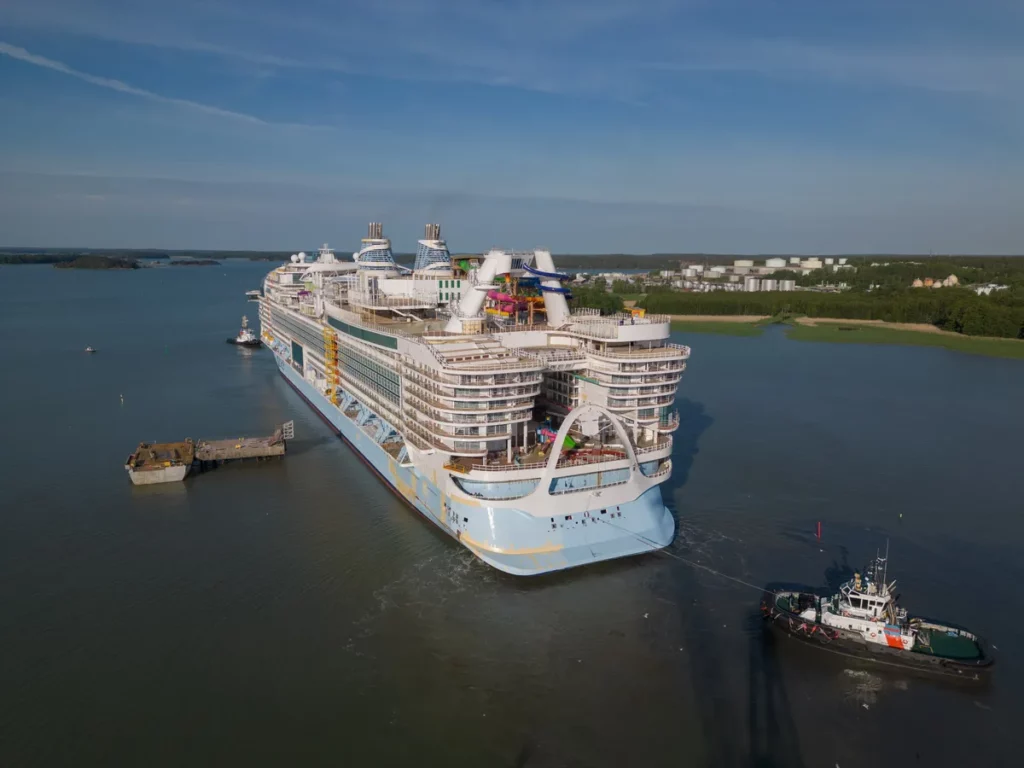Icon of the Seas, operated by Royal Caribbean International, and Silver Nova, operated by Silversea Cruises, will each add waste-to-energy systems onboard, improve their Green Hubs programme, and make use of technology to reduce food waste.

Did you know that the world’s largest cruise ships have the potential to soon be at the forefront of the movement to repurpose garbage as a source of energy? The newest ships in the Royal Caribbean Group’s fleet, such as Silversea Cruises’ Silver Nova and Royal Caribbean International’s Icon of the Seas, will be outfitted with cutting-edge technology that will enable them to immediately transform solid waste into energy while they are at sea.
These ground-breaking devices, which have been given the names Microwave-Assisted Pyrolysis (MAP) and Micro Auto Gasification (MAG), will provide the ships the ability to transform waste into synthesis gas (syngas), which can then be used as a direct source of energy. This method is sustainable because it mimics the operations of land-based waste-to-energy facilities and encourages waste repurposing that is both efficient and kind to the environment. In addition, the systems generate a byproduct known as biochar, which has the potential to act as a nutrient for the soil.
Utilising AI to Cut Down on Wasted Food
In addition to programmes that convert garbage into energy, the Royal Caribbean Group is putting into place comprehensive waste management methods. One of their primary goals is to cut the amount of wasted food throughout their entire fleet by fifty percent by the year 2025. The company has put in place a variety of measures, including the following:
- Developing a proprietary platform that makes use of data to track the availability of food and precisely estimate the daily production and ordering quantities that are required.
- Making use of artificial intelligence (AI) to dynamically change food production in real time, so guaranteeing that it is utilised most effectively.
- Designating specific aboard crew members to be in charge of overseeing and instructing other members of the crew in proper waste management procedures.
- Keeping track of visitor preferences in order to modify menu preparations and ordering, hence decreasing food waste that isn’t essential.
- Starting an awareness campaign about not wasting food across the entire staff in the dining areas.
By tackling the fundamental issues in the food system, such as improper inventory management and excessive food preparation, Royal Caribbean Group has already accomplished a noteworthy 24 percent reduction in the amount of food that is wasted. The cruise industry is making major strides towards reducing the negative effects it has on the environment and embracing a more environmentally conscientious future because to the novel methods to trash management and sustainable practises that are being implemented.